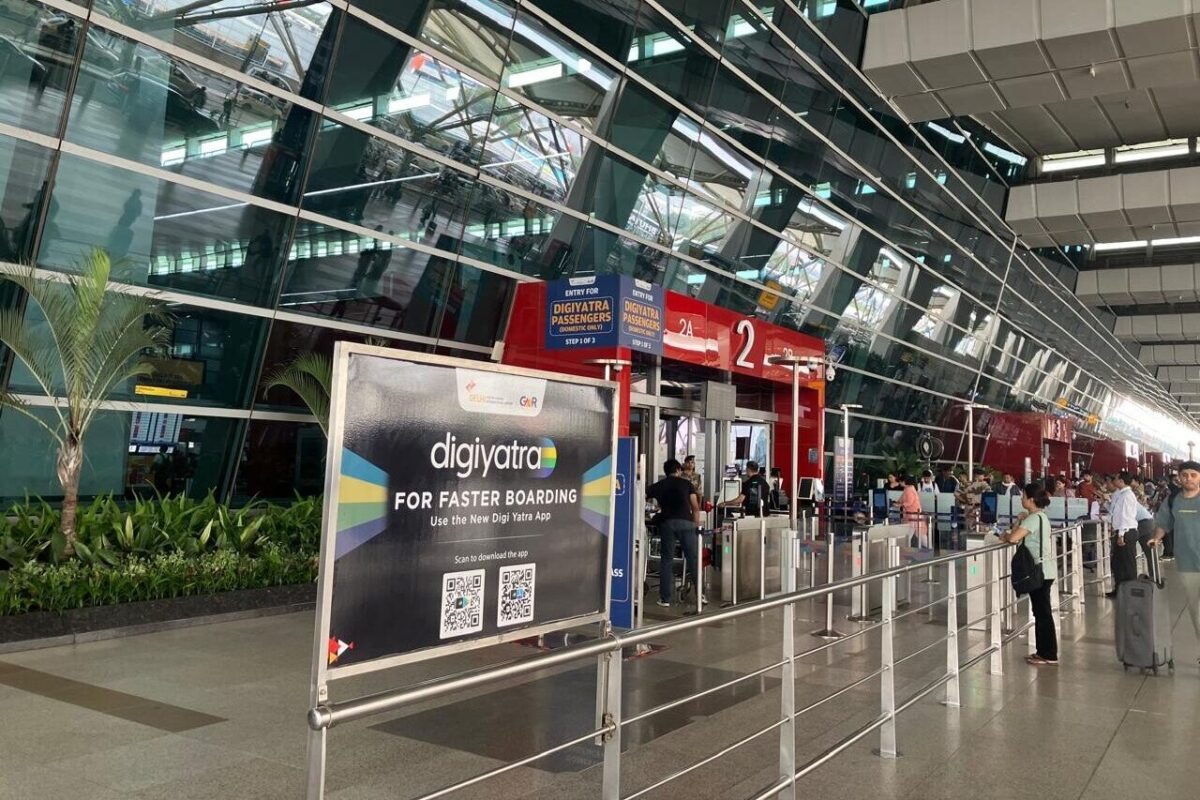No More Airport Lines: How DigiYatra Is Transforming India’s Travel Experience

Skift Take
Breezing through airport security without an ID or a boarding pass may have once been a futuristic idea. Today, it is a reality in India.
DigiYatra, India's airport entry system using facial recognition, has transformed air travel across the country. In an exclusive interview with Skift, DigiYatra Foundation CEO Suresh Khadakbhavi discussed the project's origins, ambitions, and what it would mean for the future of air travel.
At Indian airports, passengers are required to queue outside the terminal gate for document verification. DigiYatra eliminates this hassle by using facial recognition to verify your identity at the gate without the need to pull out an ID or boarding pass.
https://twitter.com/tanyapragya/status/1834127764447723949 Source: XThe idea of DigiYatra started at Bangalore International Airport, Khadakbhavi’s earlier employer. Between 2008 and 2010, the airport saw a massive surge in passenger traffic, growing by 20-25% annually. Managing this growth was a challenge.
“During a brainstorming session in 2015, we asked ourselves, ‘What if a passenger could reach the boarding gate without needing to show any documents?’” Khadakbhavi recalled. The

